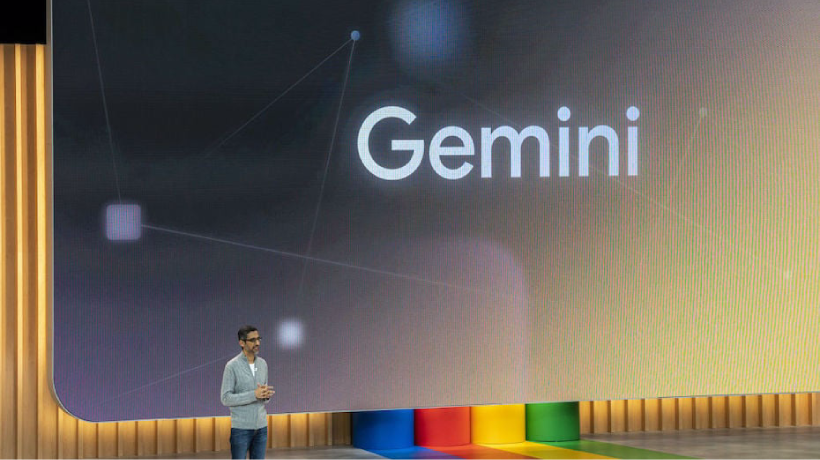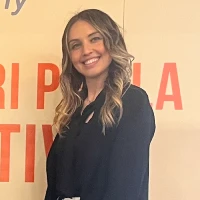
Once upon a time there was "Bard", the Mountain View Company first AI, conceived as ChatGpt's competitor. Now Google is ready to embrace a new AI era and has just presented, on December 6th, a new model of artificial intelligence: Gemini.
Gemini it is capable of interpreting texts, images, audio, video and code. The new language model was announced last summer and now Gemini 1.0 has been released in three different versions, first for the United States market and in 170 countries with English as the only language.
Gemini is set to be "multimodal", which means it is capable of understanding and operating across different types of information. Not only textual, written, but also images, audio, video and code. The second important characteristic is that it is "flexible". Alphabet ecosystem, from DeepMind to Google Research collaborated to create Gemini.
It is known that Google's intention is to bring Gemini into all its products and on all its platforms. Let's list the names of the three versions in which Gemini has been optimized:
Gemini Ultra, is the model with the greatest capabilities and has been perfected to carry out particularly complex tasks. The second, Gemini Pro, is designed for the diversification of tasks. In the end Gemini Nano, is created for on-device tasks and therefore customized to the final user. We doesn't known which of the functions will be free or not. Looking at the bigger picture, there will also be a new Bard version. Bard is now working with online available information, is currently integrated into the search engine and answers users questions.
As the Corriere della Sera reported: "From today Bard will use Gemini Pro and, from next year, Google announces that there will be a new version - Bard Advanced - which will instead be based on Gemini Ultra. For now, Bard continues to only answer questions posed in text form, although in the near future it will also support other modes, including voice".
SOURCES: Bloomberg, CNN, Corriere della Sera

Ilaria Vanni is a TV journalist for italian broadcasting and coordinator of The Meta Economist portal. She has a philosphy degree and she's now studing the economic and technological issues connected to the new frontiers of the metaverse.





